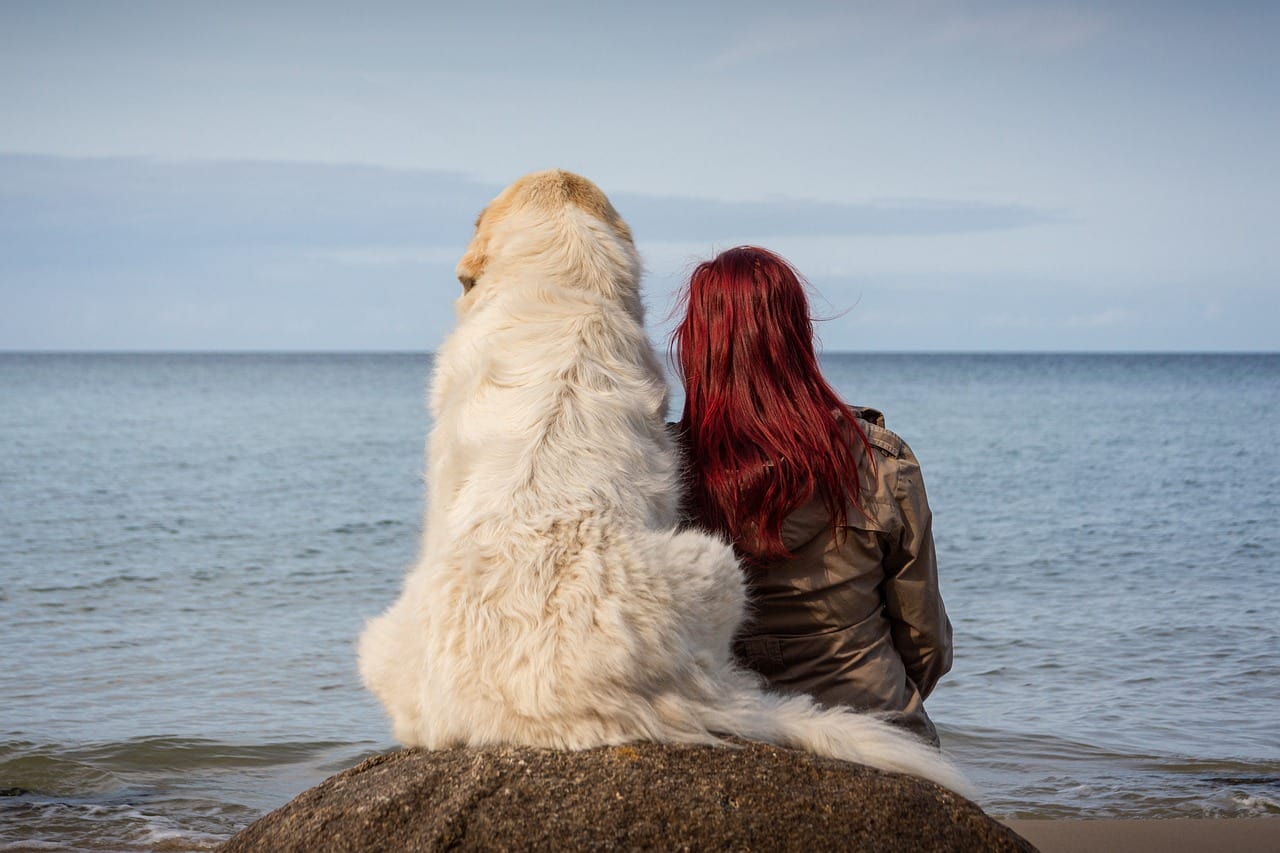Dogs love it when you talk to them like they’re babies. Their brains light up

A recent study has taken an intriguing look into the world of dog-human communication, giving us a new understanding about the ways dogs respond to human speech. The study, conducted by researchers from the Department of Ethology at Eötvös Loránd University, found that dogs' brains are sensitive to a specific tone of voice often referred to as the "cutesy voice," a familiar, high-pitched voice that humans often employ when communicating with both canines and infants.
he study, published in the journal Communications Biology, delves into the phenomenon of "exaggerated prosody," which is the tone of voice often used when interacting with babies and young animals, such as puppies.
Researchers have long observed that people tend to use a higher-pitched, melodious, and emotionally-infused tone when communicating with infants and animals. Previous research suggests that talking to a puppy in a high-pitched voice, with the customary exaggerated amount of emotion, helps improve engagement. Researchers at York University found that this effect applies to adult canines as well.
Overall, "dog-speak" seems to help improve attention and strengthen the bond between owner and pet. In human infants, this special speech registry, which scientists often refer to as "exaggerated prosody" in their papers, is thought to aid language acquisition and improve the way a human baby bonds with an adult. In many ways, dogs are a lot like human babies so it makes sense that people naturally switch to baby/puppy talk when interacting with a cute furball.
For their new study, the Hungarian researchers wanted to explore this phenomenon more deeply by monitoring dogs' brains as they were exposed to various speech tones. They encouraged trained family dogs, using treats, to enter a functional magnetic resonance imaging (fMRI) scanner where they heard speech recordings from 12 men and 12 women articulated for adults, infants, or dogs.
The researchers found that dogs' brains are more responsive to infant- and dog-directed high-pitched speech compared to adult-directed speech. Dogs were particularly responsive to women's dog- and infant-directed speech, so dog moms can be extra proud.
What does this mean for dog owners?

The fact that infant- and dog-direct speech sounds so similar and that dogs respond to both equally well is likely no coincidence. The sensitivity is probably owed to the domestication process and interactions with humans over countless generations.
The study suggests that using the "cutesy voice" can have a positive impact on the way dogs perceive and respond to human communication. The researchers in Hungary encourage dog owners to adopt this special speech style when interacting with their pets. This way, you can form a better bond with your dog, who may even behave better by actually following instructions.
Just like with humans, the way we speak and the tone of voice we use matters. As dog owners, you may have noticed the irresistible urge to use an affectionate and exaggerated tone when talking to your furry friends. Now, science has confirmed that your "cutesy voice" can indeed create a deeper connection between you and your beloved canine companion.
The findings appeared in the journal Communications Biology.









